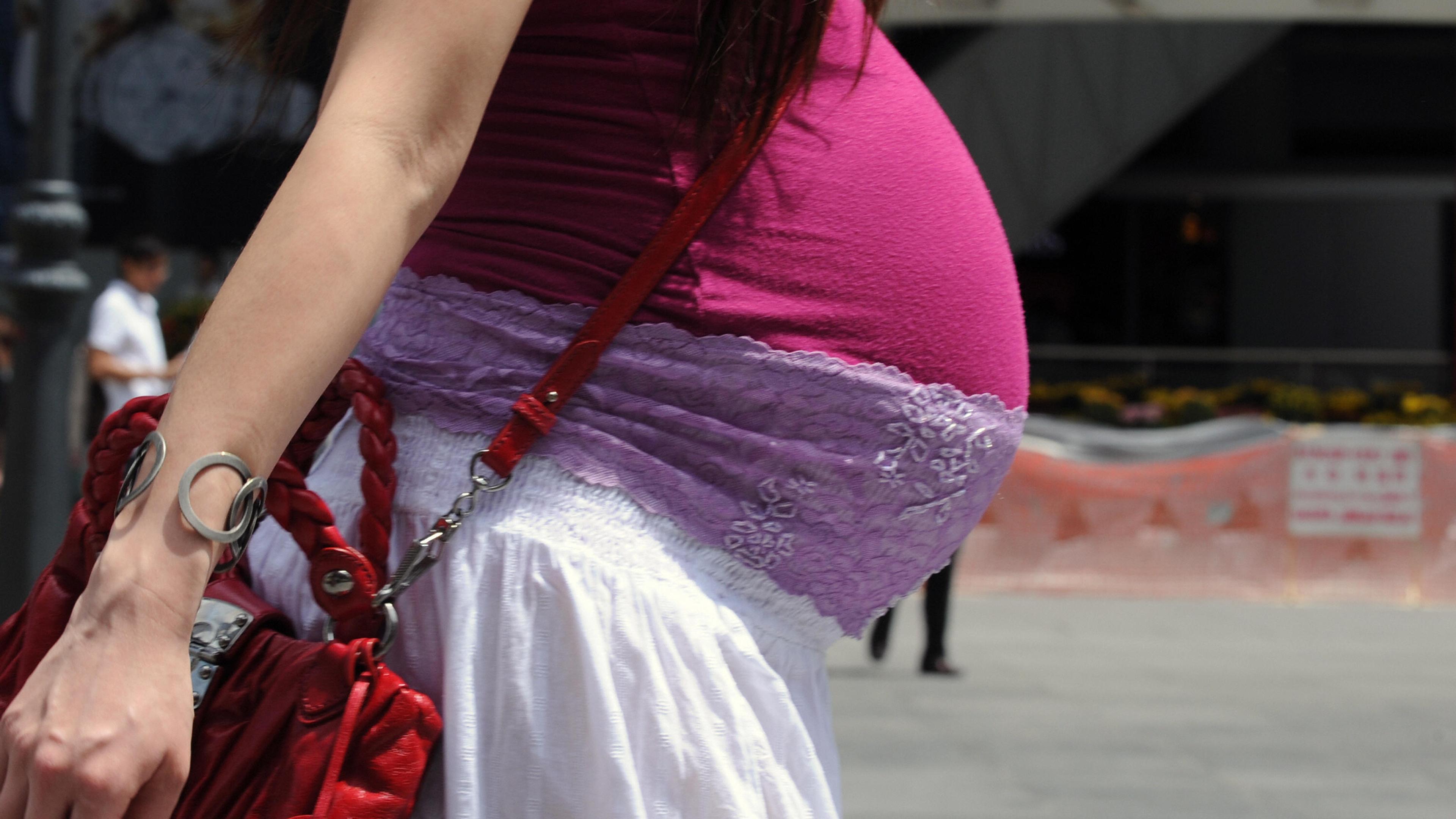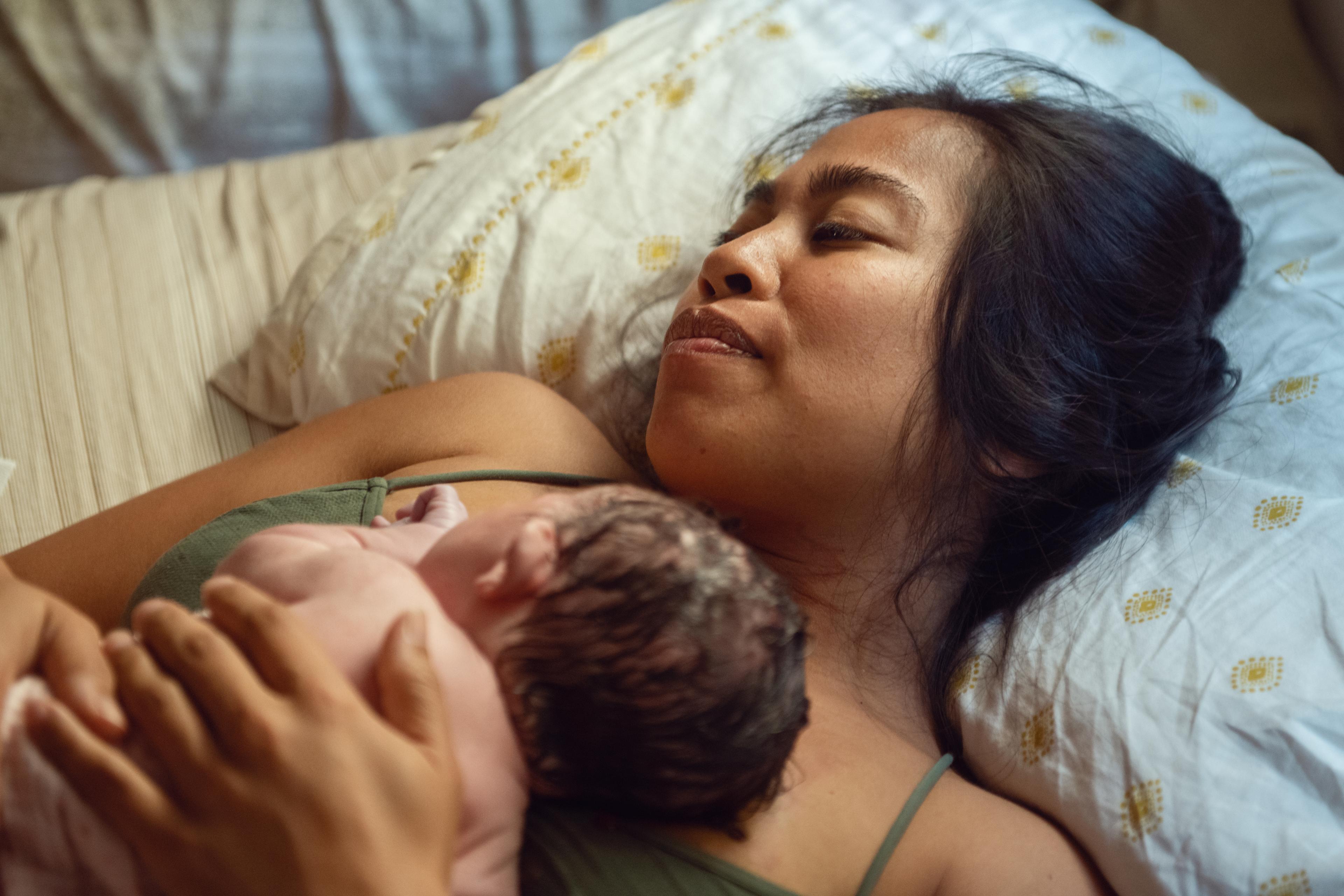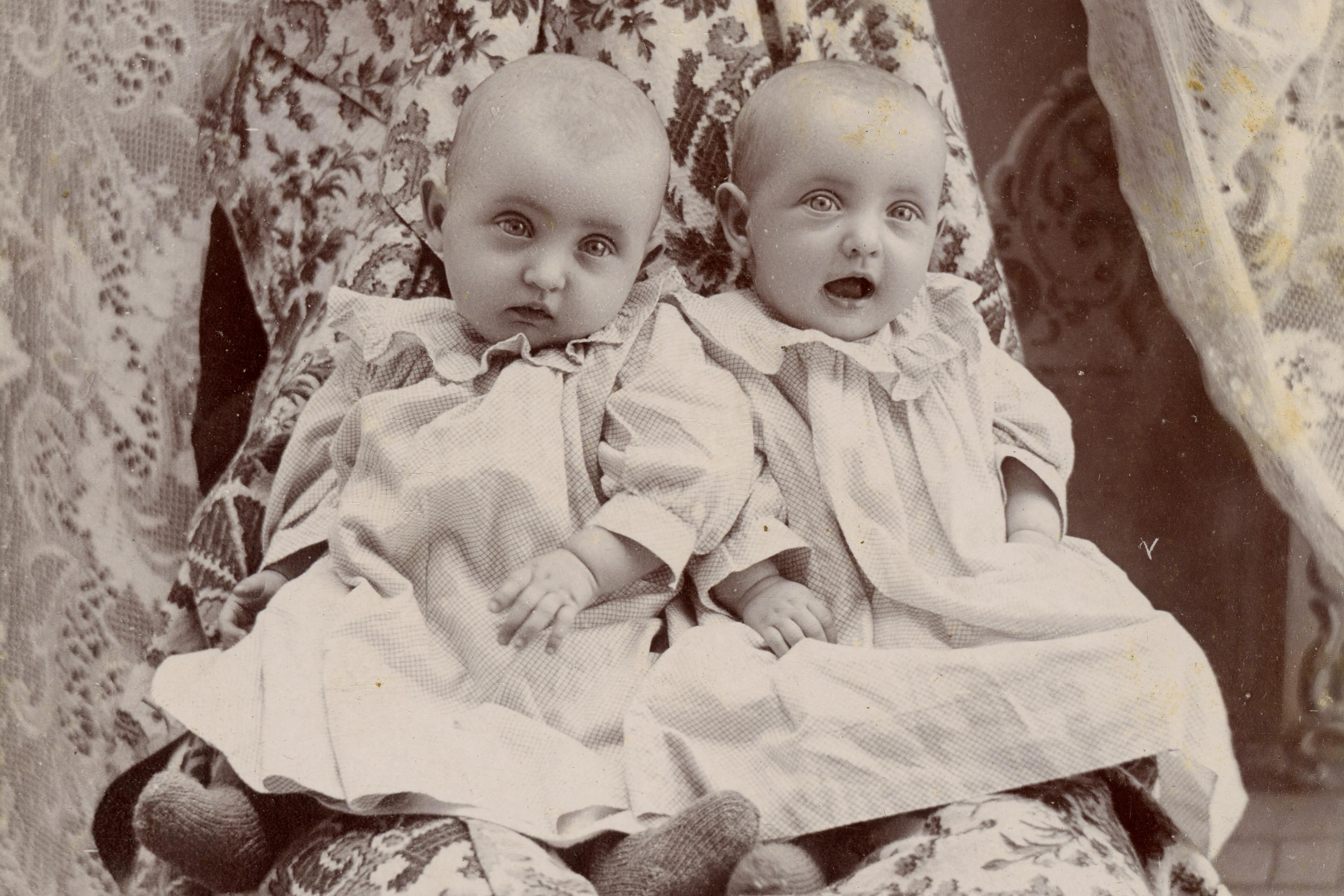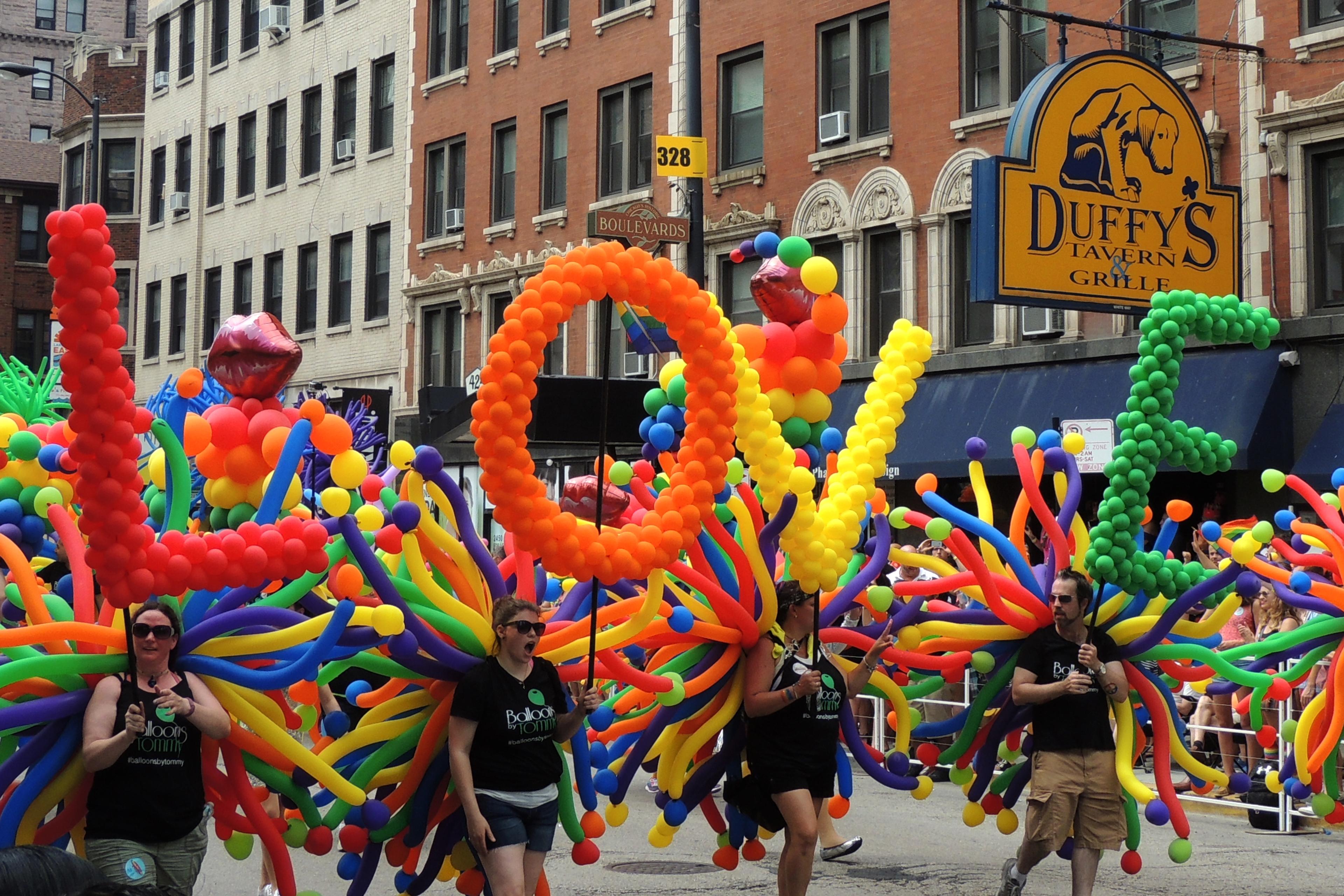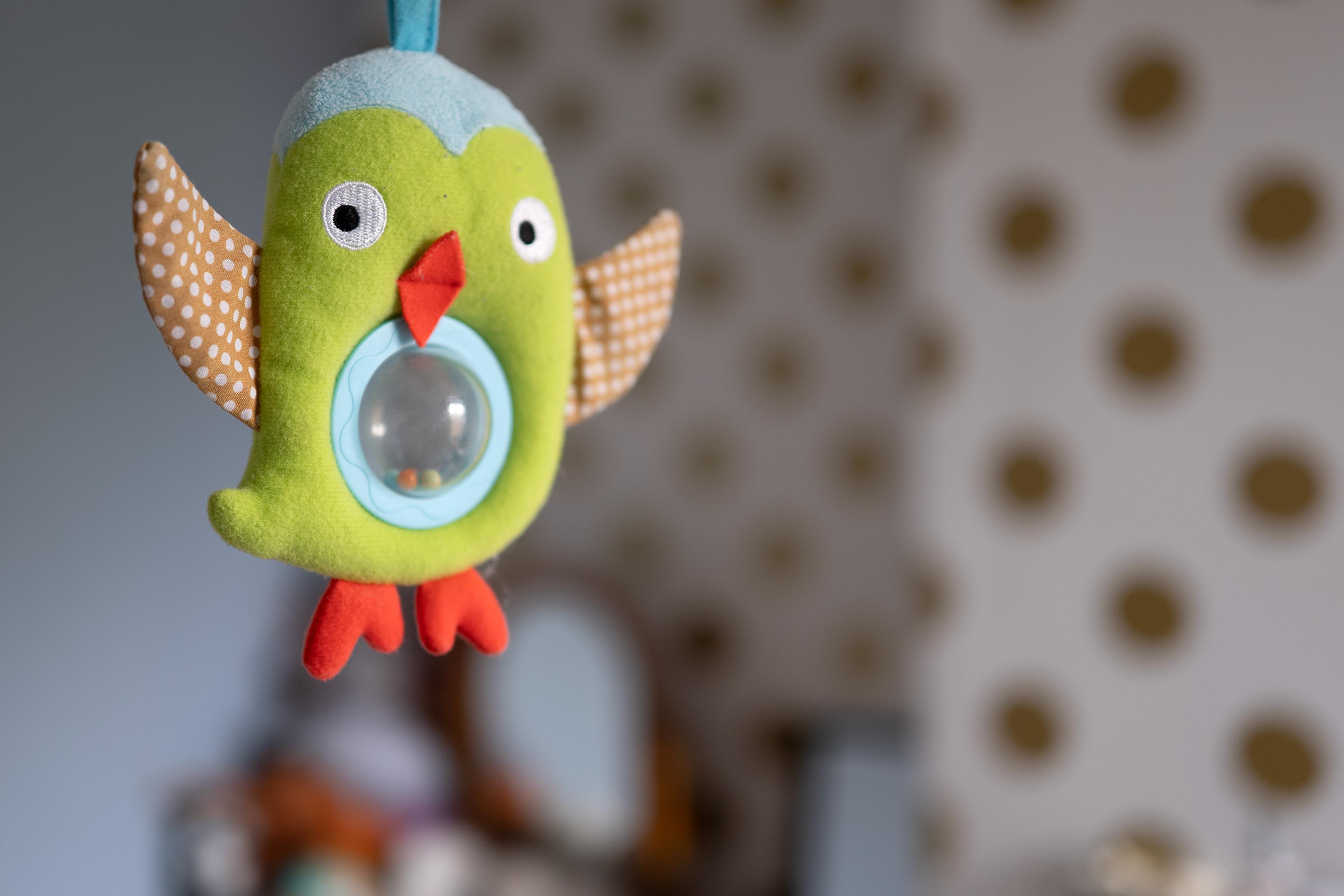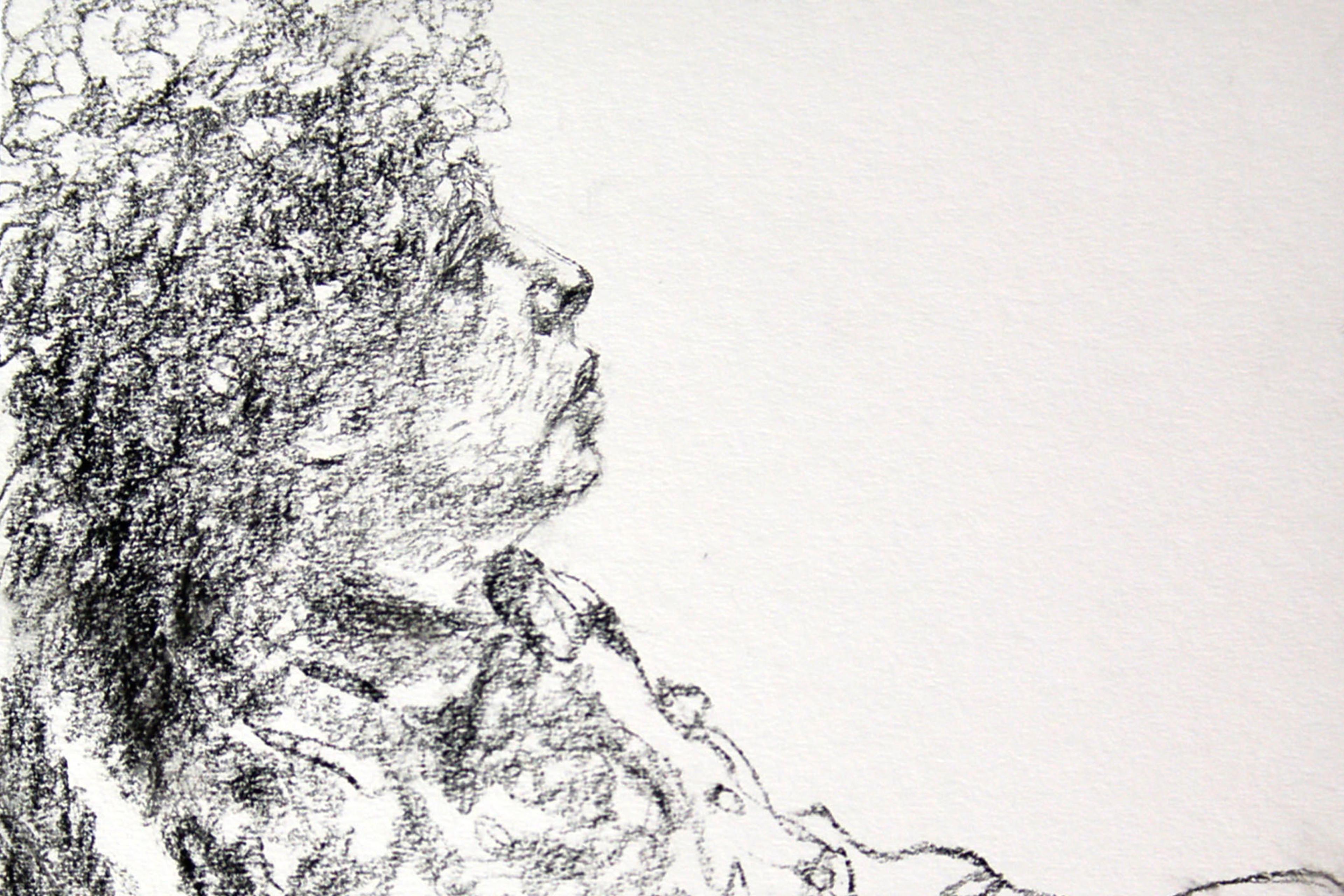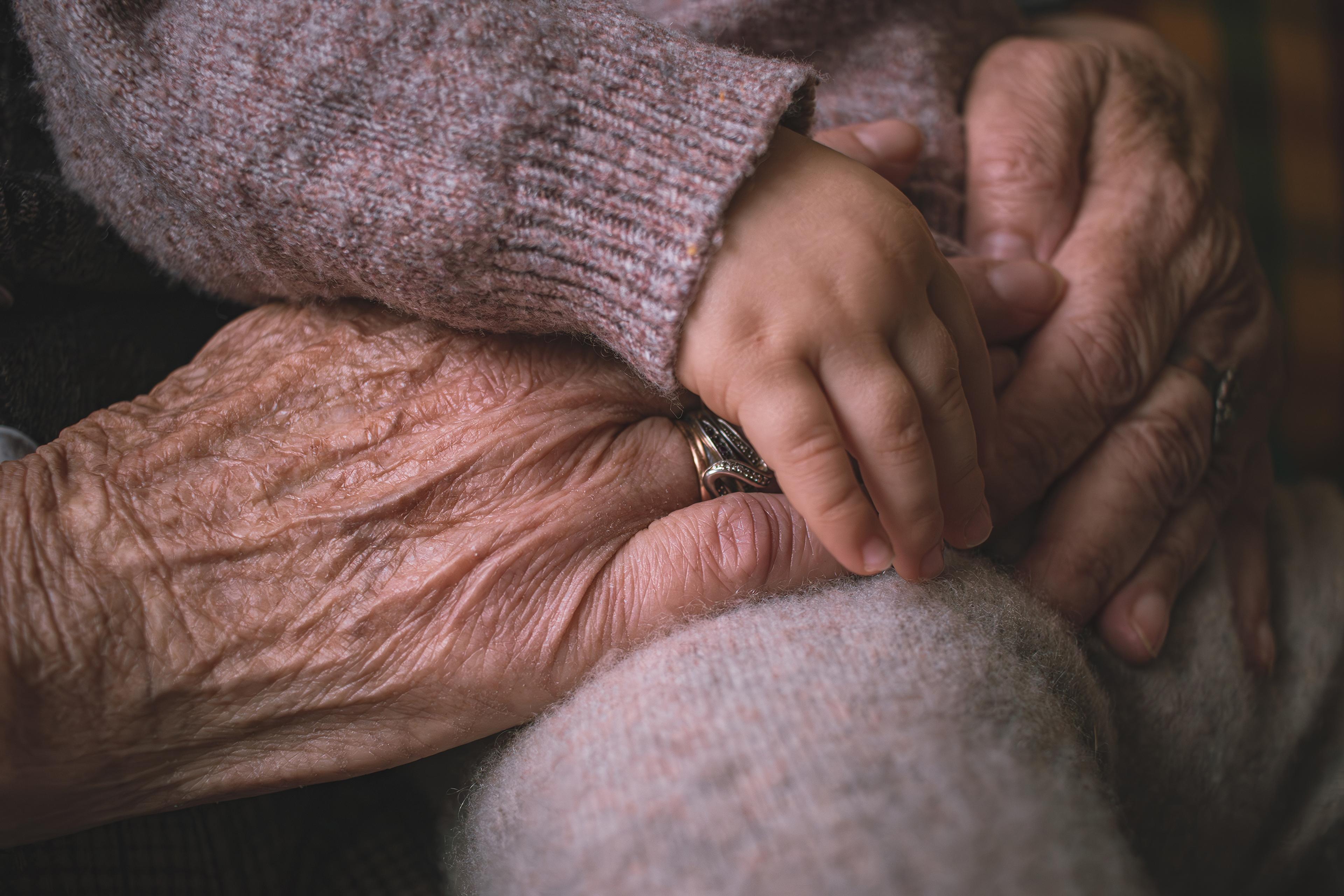It is well known that in pregnancy women rescind their rights over their body to the unborn life growing within. Far less well-documented is the way the pregnant body is also surrendered to public scrutiny. My pregnant body became a public body with a speed I’d never have guessed at, communicating in ways I never could with words. I became aware of a sudden array of appropriative looks and glances that I received as I moved through the world.
In the early days, as I thickened in the middle, I went unnoticed, feeling like a spy in my own life as I toured my usual haunts with a secret. But I showed early, a little round bump protruding, proudly announcing news I was too nervous to acknowledge to others and, in truth, to myself. As I got bigger, I saw eyes drawn to my belly, people smiling, kindly, as though they could see past me to the infant I grew. For others I was a curiosity: odd-shaped and potentially troublesome. In the last few weeks, as I waddled uncomfortably, some people looked actively worried, as if my overextended state somehow demanded they take potential responsibility for a baby I might have at any second.
In those moments I felt hyper visible, acutely aware of other people and my impact on them, to the point that I sometimes wished for my old life, even knowing those days were gone and that, as a mother, I would become only more visible, more public, more available for scrutiny. I had been thrown into a community of strangers, not only of other mothers and families, but somehow of the world itself.
At a deeper level, I became connected to people as reminders of their past or their future, like a time capsule – my body invoking a memory about the care they received, or prompting a flash-forward about the care they would offer. In my most transformed state, large and round, the people around me decided I was to be protected. No one would hand me anything heavy. My father did not want me to stand on a chair; my friends shielded me from their boisterous child, telling him off when he barged past with a bit too much force.
The care I received seemed at points to be entirely dependent on my largeness. In the early days, I wore a ‘baby on board’ badge as evidence, not to announce my state exactly, but to assert, however bashfully, my right to certain privileges I would never otherwise claim. The privilege to sit down, for example (for with pregnancy come such unmentionables as haemorrhoids and varicose veins). I watched, sometimes with amusement, as man after man stubbornly refused to give me a seat when the Tube carriage was bursting with people. I wondered if I did not evidence my state adequately, my smallish belly giving little sign of the wild action going on inside. I could never bring myself to ask for a seat, and thereby transgress what went unspoken: so I stood until the inevitable moment when a woman offered me her seat instead. I noted this each time I got the Tube, wondering what it told me about men. Did they think that I put on the badge only for the seat? Or were they ignorant of the particular difficulties of those early weeks, when so much occurs that is unseen?
Pregnancy seemed to speak in this language too, as I had suddenly achieved a status beyond reproach
At the same time, I found myself the recipient of unexpected gifts: a sudden intimacy with older women, colleagues, family friends, and a new proximity with my mother and mother-in-law. This intimacy with a community of those who had been there before gave me the sense of being understood. But it was also tied up in my sense of myself as a woman, a gendered body: with a chorus of supportive voices around me, the self-critical, needling voice that spoke in the language of patriarchy quieted in me for a while.
The cultural theorist Angela McRobbie finds that in a society now so aware of feminism, the backlash is found most insidiously in demands made to women’s bodies. Under neoliberal capitalism, she argues in ‘Notes on the Perfect’ (2015), an ideal femininity emerges, somehow placing itself ‘between successful domesticity and successful sexuality’. This version of the body, we are told, can always be transformed to be considered perfect, as McRobbie puts it. Pregnancy seemed to speak in this language too, as I had suddenly achieved a status beyond reproach.
In her classic cultural study of motherhood Of Woman Born (1976), Adrienne Rich wrote of the relief that comes when you feel yourself doing the things you were meant to do:
As soon as I was visibly and clearly pregnant, I felt, for the first time in my adolescent and adult life, not-guilty. The atmosphere of approval in which I was bathed – even by strangers on the street, it seemed – was like an aura I carried with me, in which doubts, fears, misgivings, met with absolute denial.
It is hard not to be seduced by the warm looks and smiles one receives, the admittance into the embrace of a legible life trajectory. My neat and well-behaved pregnancy would translate into my participation in serene scenes in which I was one in a number of smiling mothers talking to other smiling mothers while breastfeeding or jiggling babies of all sizes.
This strange sense of social acceptance sat in stark contrast to the way that I felt my body was behaving, hungering, leaking, creaking. As the sociologist Imogen Tyler writes in ‘Reframing Pregnant Embodiment’ (2000), there is something so curiously at odds in this: ‘I experience myself as radically other(ed), and yet pregnancy is one of the most socially conventional and controlled forms of embodiment which women can … experience.’ While I marvelled privately at the strangeness of what was happening to me, I knew that benign smiles were premised on adhering to good behaviour. What would the barista think if I had too much coffee? Would the barman refuse if I ordered something alcoholic? I found that pregnancy rendered me a weathervane of acceptability, of what behaviours could or would be tolerated, both my own and other people’s.
I found myself assessing the faces of women who looked at me for a little too long: what had they experienced?
In pregnancy, a kind of secret comes to the fore; namely, that we are always studying one another for what knowledge bodies hold. Throughout the time of my pregnancy, I found myself wrestling with this, feeling myself split between old and new ways of being in the world. Though I was the recipient of new forms of care, I felt also that I was newly drawn into relations with others – and those relations came with responsibilities. Despite most obviously being responsible for the little person who fattened like a squash in my belly, I began to feel a strong sense of imagined responsibility for other women: for those who may have lost pregnancies, or never conceived at all. In the worst days after my own complex miscarriage, each woman with a badge or a belly was an invasion into the barrier I had built around myself – an insight into a world where calamity had not occurred. Though I knew nothing of these strangers, their bodies only ever told one simple narrative, one I felt I would never be allowed to replicate. They were a contented swarm, ballooning and milky, whereas I was emptied and toxic. I remained alone, a citizen of a different country, unable to participate in the life they so easily expressed with every step they took.
Months later, idly walking or travelling, while at last pregnant myself, I told that story to others, realising that it was now me who had become the walking wound, a reminder of good fortune. I found myself assessing the faces of women who looked at me for a little too long, or who seemed to avert their gaze: what had they experienced? Could I alleviate their sorrow? This attentiveness to others is the flip side of owning a public body. It spoke to me of a new awareness of community, of the undeniable fact that we live among each other: that there is indeed an ‘us’.
If the pregnant body is a public body, then it – I – functioned like a pressure point, whereby my body could fruitfully disrupt the normal functioning of life in public, a space where people move about blissfully unaware of others, other rights, and other vulnerabilities.
